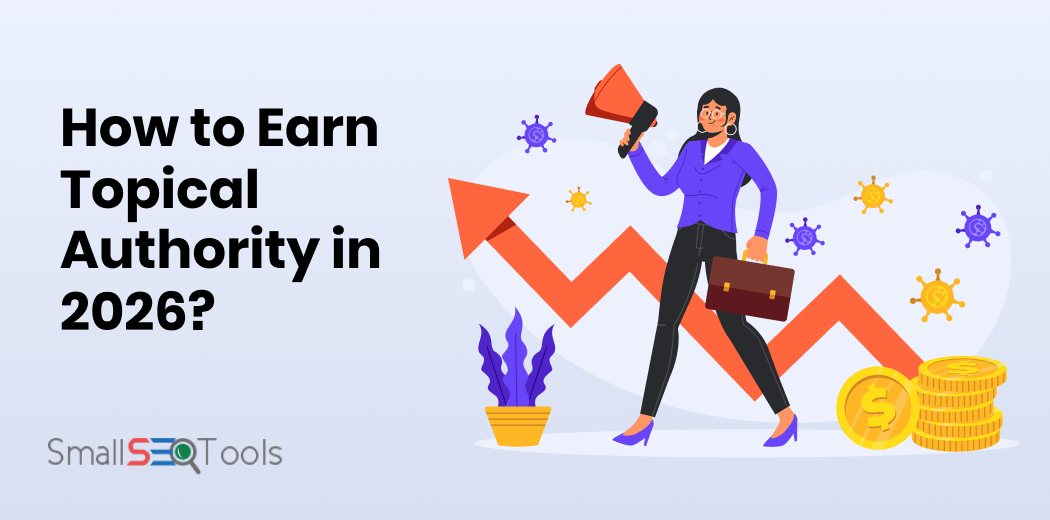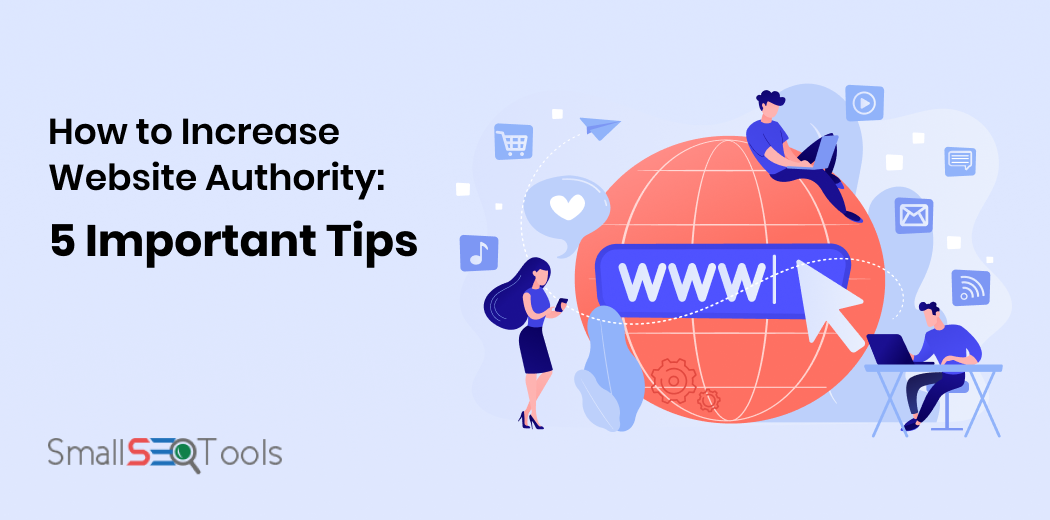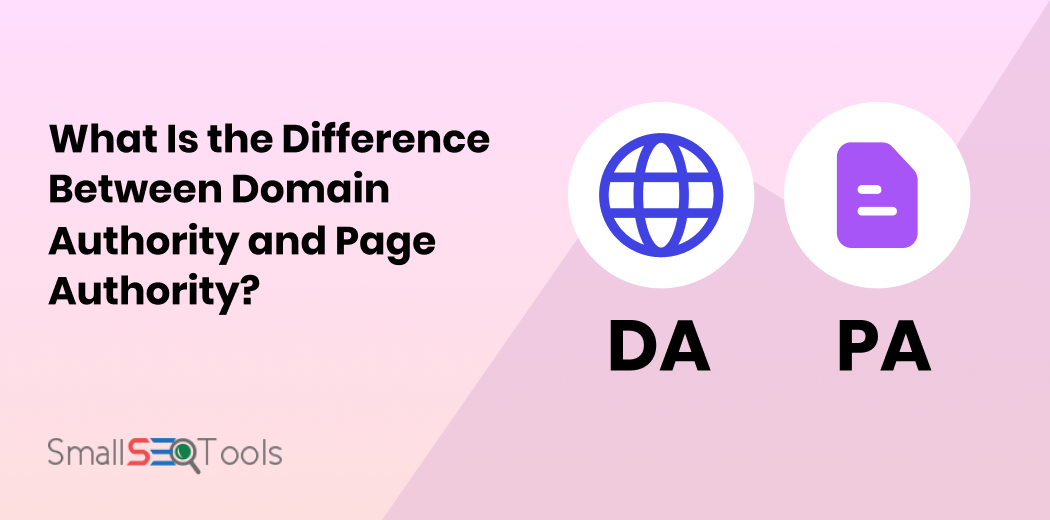Nobody Likes Fake Page Rank.

Here is a very short list of some things where the real version is better than the fake version:
- Fruit
- Orgasms
- Bacon (seriously, what makes “turkey bacon” anything close to bacon?!)
- Boobs
- Christmas trees
- Page Rank
And here is the longest possible list of things where the fake version is better than the real version:
Why would you want to fake Page Rank?
When it comes to doing your thing (which must be related to web marketing, or you won’t get anything in this article) you look for the high-risk, high-profit opportunities. Your wardrobe includes a black hat, and you’re not afraid to be deceptive to make more money. You’re not blatantly evil on purpose, but you’re no saint either.
Faking Page Rank is how you can deceive a newbie into buying advertising or links on a website. Without going into detail about how it’s done… let’s hope that “you” are not that person.
But you are the person who could be tricked.
If you put any real effort into building quality back links, you look at Page Rank.
If you invest in dot com ventures by buying “used” domain names, you look at Page Rank.
If you buy advertising directly from website owners, you look at Page Rank.
And if you don’t double check that number, you could be the fool who was gamed.
About Google Page Rank
Google Page Rank, or PR, is an algorithmic measurement of how important a website is- using a scale of 0 being unimportant and 10 being impossible. The value of a domain, back link, or direct advertising with a PR4 or higher website can be quite pricy, in fact.
The Google PR value is a number consistently used when determining the value of a website, or even an individual web page. Most site owners will check their own Page Rank at least once a year. In a nutshell, it tells you how many relevant, authority sites are linking to yours.
Honestly, if you don’t already know about Google Page Rank and how important it is for building quality links, then you should not consider purchasing your own direct advertising, building back links, or buying a used domain on your own. Hire somebody who does know these things!
How to make sure you don’t get gamed by a fake Page Rank.
- Look at the website in question. Does it look like a valuable website to human eyes?
- Do a sitemap search on Google. (“site: http://website.com” is how you do that) Does anything seem out-of-the-ordinary?
- Does the Page Rank seem fair and reasonable? If a website is promoting themselves as PR8, and they aren’t Facebook, there could be something fishy going on there.
- How valuable is the nature of the website in question, compared to the promoted Page Rank? You can research keyword search volume/value and competition value to understand if somebody is being honest or just up-selling.
- Or, you can save yourself the time and energy and just use Small SEO Tools Page Rank Checker to find out the Google PR of any website or web page, and if the results come in red… you know who to avoid working with in the future!











